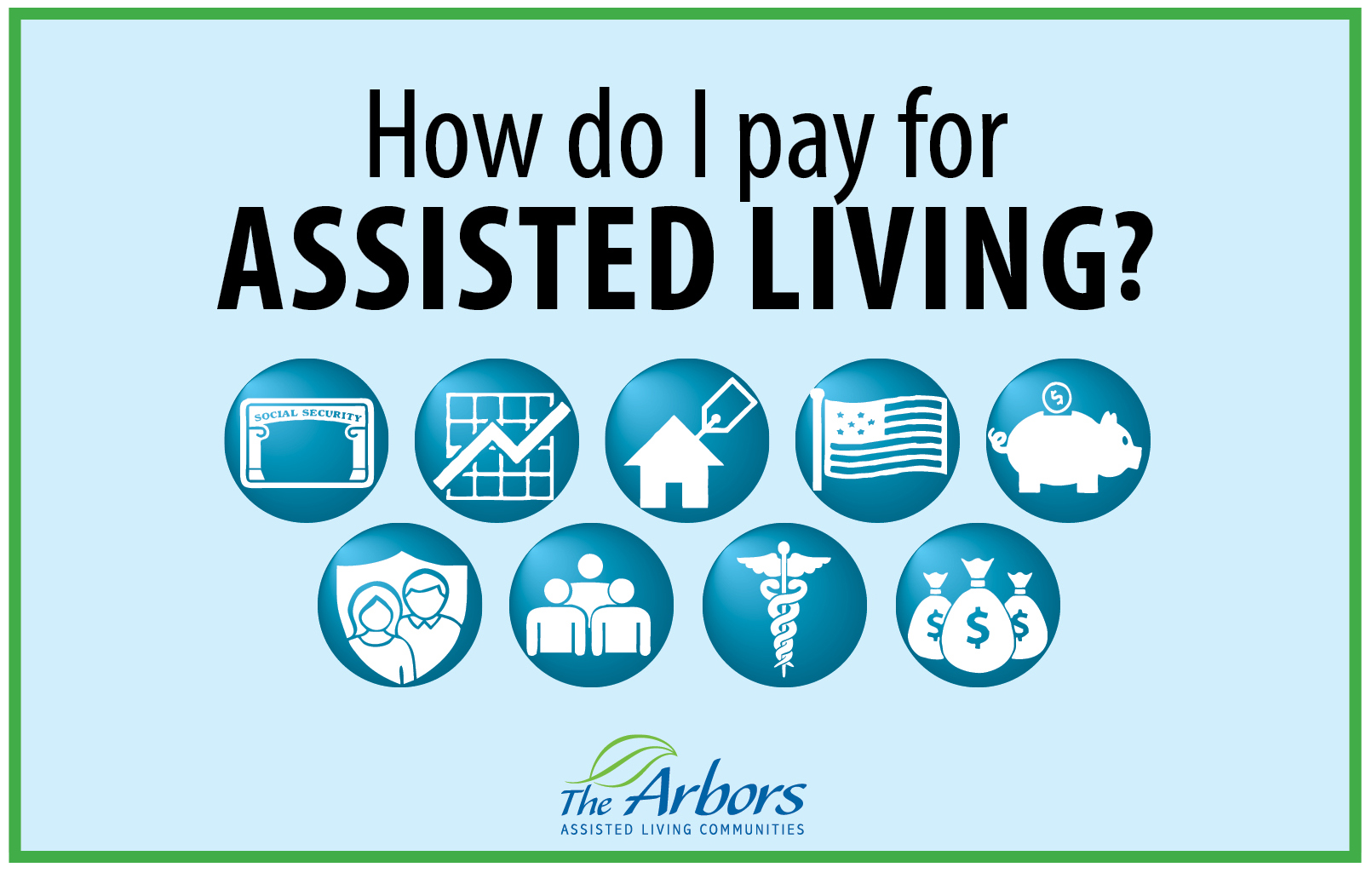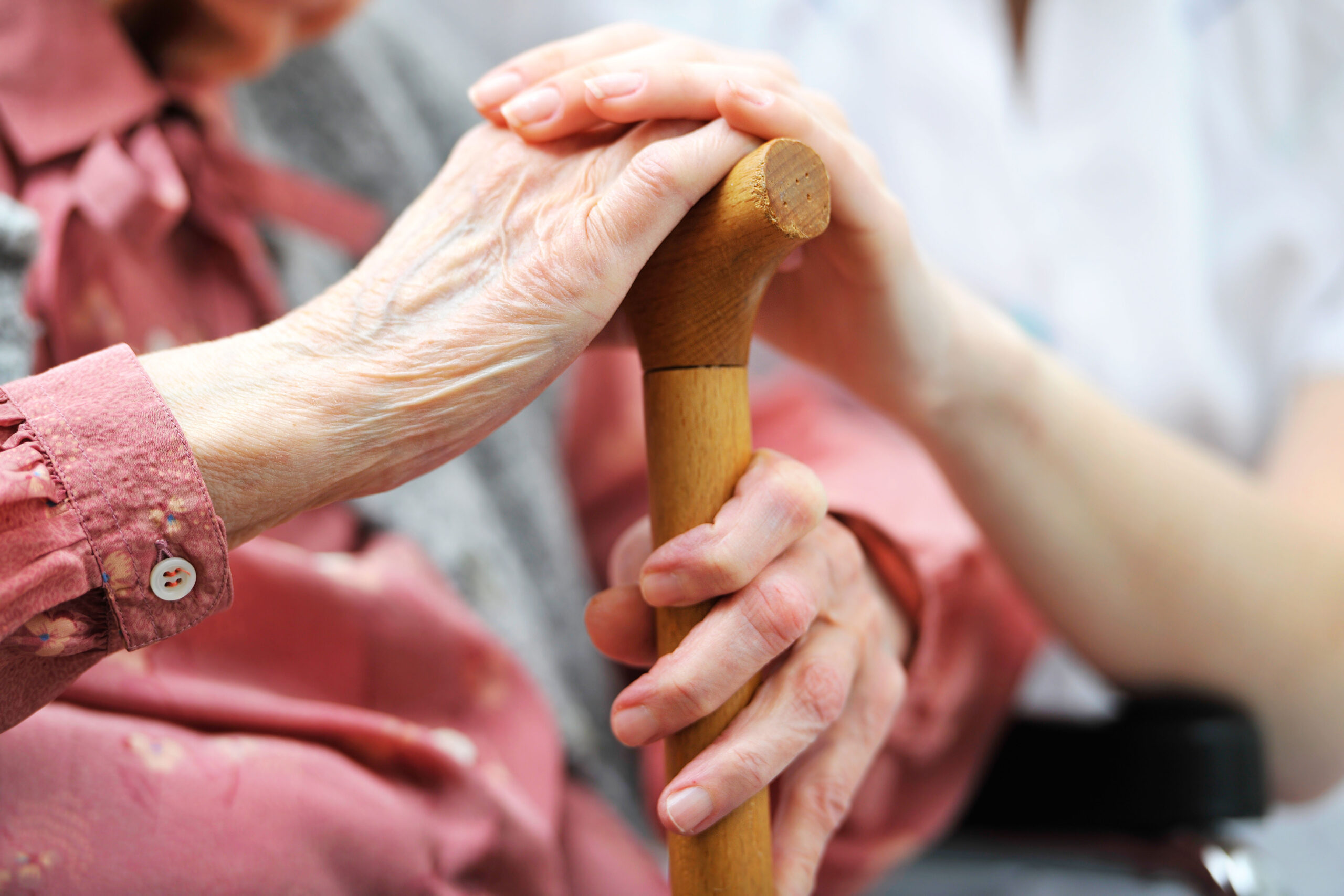(631) 778-7747
How Lack of Sleep Can Increase Your Risk for Disease

How Lack of Sleep Can Increase Your Risk for Disease
March 27, 2017
How much sleep are you getting on average each night? If you’re not getting the recommended 7 to 8 hours or you have a sleeping disorder, you could be increasing your risk for developing a wide range of medical conditions and diseases. Unfortunately, a number of these conditions and diseases can severely harm you.
Cardiovascular Disease
Sleep apnea is a sleeping disorder in which a person stops and starts breathing consistently while they’re asleep. Those who suffer from sleep apnea have also been linked to hypertension, stroke, irregular heartbeats, and an increase in plaque throughout the arteries. Many of these conditions are predictors and symptoms of the dangerous and well known — cardiovascular disease.
Depression
Low quality or overall lack of sleep has always been a common symptom of depression. If a person who is depressed also has a sleeping disorder, depression symptoms can increase to unsafe heights. Therefore, if someone who is depressed is successfully treated for their sleeping disorder, like sleep apnea, symptoms of depression can decrease.
Obesity
Not getting the adequate hours of sleep each night has also been linked to an increase in excess body fat. All age groups can experience weight gain with a decrease in the number of hours of sleep per night. While this is true for all age groups, this will affect children the most as sleep is needed to promote healthy growth and function of the hypothalamus — the area of the brain that regulates appetite and the expenditure of energy.
Depriving your body of the sleep it needs won’t just leave you feeling tired — it could leave you with a disease or medical condition you don’t need to have! For other useful tips and information, visit our blog! If you’re interested in learning more, or visiting The Arbors Assisted Living community, schedule a tour by contacting one of our five convenient locations:
Recent News

The Power of Touch
February 9, 2026

Winter Readiness for Caregivers: Do You Have a Plan?
January 6, 2026

Important Topics to Discuss With Local Assisted Living Centers
November 10, 2025

When It’s Time: Helping Your Parents Accept the Need for Assisted Living
October 15, 2025

How to Encourage an Aging Parent to Shower When They Refuse
July 2, 2025

How Do I Pay for Assisted Living
June 6, 2025

3 Signs You Should Consider Assisted Living
May 15, 2025
GET IN TOUCH
Let’s Talk About Making The Arbors Your Home
REQUEST A VISIT
Schedule a Tour of our Long Island Assisted Living Communities



















































